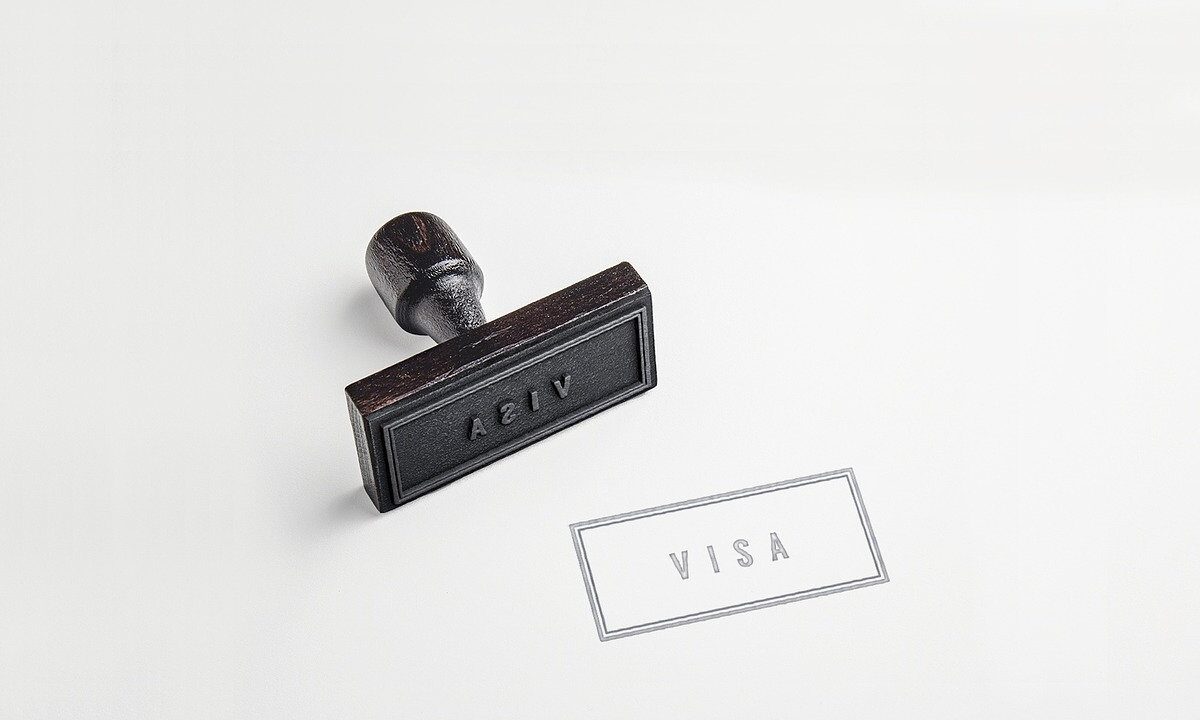Immigration, Refugees and Citizenship Canada (IRC) is increasing the application fees for Canada’s permanent resident visa applications with effect from April 30, 2020 at 9 a.m. EDT. This new regulation applies to the complete applications received after this time and they will be returned as incomplete if the fees paid is not in accordance to the new fees structure.
This increase in application fees which include operational, processing and delivery costs is applicable to all permanent residence programs (Federal and Quebec Skilled Worker and Trade programs, the Provincial Nominee Programs, the Canadian Experience Class, the Federal Self-Employed program and Family Class Sponsorship).
IRCC has not changed the permanent residence fees since 2002 however, fees are expected to increase after every two years based on the Consumer Price Index.
| Type of PR Application
| Current Fees | Fees w.e.f. 30 April 2020 |
| Economic business class (self-employed, start-up visa, Quebec investor, Quebec entrepreneur, and Quebec self-employed
| Processing Fee: $1050.00 CAD Right of permanent residence fee: $490.00 CAD | Processing Fee: $1575.00 CAD Right of permanent residence fee: $500.00 CAD |
| Economic non-business class | Processing Fee: $550.00 CAD Right of permanent residence fee: $490.00 CAD
| Processing Fee: $825.00 CAD Right of permanent residence fee: $500.00 CAD |
| Spouses or common-law partners of all economic classes | Processing Fee: $550.00 CAD Right of permanent residence fee: $490.00 CAD
| Processing Fee: $825.00 CAD Right of permanent residence fee: $500.00 CAD |
| Dependent children of all economic classes | Processing Fee: $150.00
| Processing Fee: $225.00 CAD
|
Applicants and their families under Caregiver program are exempt from this increase in fee structure.




